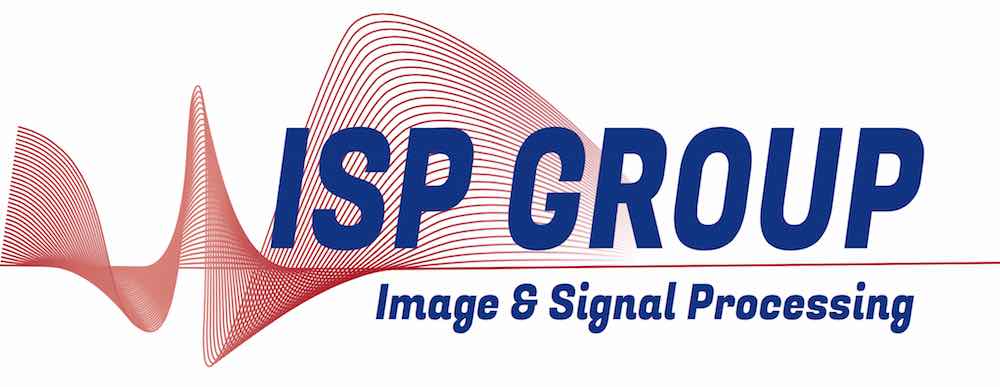Horizon 2020- H2020-MSCA-IF-2019
(Marie Skłodowska-Curie Individual Fellowships)
Project Acronym: NH-DEHAZE
Project title: Dataset and dehazing methods for non-homogeneous and dense hazy scenes
Abstract
In presence of haze, small floating particles absorb and scatter the light from its propagation direction. This results in selective and significant attenuation of the light spectrum and causes hazy scenes to be subject to a loss of contrast and sharpness for distant objects. Besides, most computer vision and image processing algorithms (e.g., from feature extraction to objects/scene detection and recognition) usually assume that the input image is the scene radiance (haze-free image), and therefore strongly suffer from the color-shift, and low-contrast induced by hazy conditions.
Therefore, many recent works have explored inverse problem formulations and have designed dedicated image enhancement methods to address the dehazing problem. However, to estimate their key internal parameters (e.g. airlight in Koschmieder’s light transmission model), most of those solutions assume homogeneous distribution of light and haze, which is rarely the case in practice (e.g. lighting is non-uniform in space and frequency during the night, attenuation caused by haze depends on the light frequency).
Image dehazing thus remains a largely unsolved problem in case of dense and non-homogeneous haze scenes. As a federating objective, our project aims at implementing dehazing methods that are suited to dense and nonhomogeneous hazy scenes. This implies the following tasks:
- (O1) Build up an image dataset including pairs of hazy and haze-free scenes, for which hazy scenes include real, dense, and non-homogeneous haze
- (O2) Develop and train deep dehazing neural networks to derive the dehazed images from hazy inputs
- (O3) Train deep image interpretation models that are suited to images captured in adverse conditions

Publications
C.O. Ancuti, C. Ancuti, C. De Vleeschouwer, “Image dehazing guided by low-pass reinforced airlight” IEEE International Conference on Image Processing (ICIP), 2023 (paper)
Ancuti et al. “NTIRE 2021 Nonhomogeneous dehazing challenge report”, IEEE Conference on Computer Vision and Pattern Recognition (CVPR) Workshops, 2021 (paper)
Ancuti et al. “NTIRE 2023 HR Nonhomogeneous dehazing challenge report”, IEEE Conference on Computer Vision and Recognition (CVPR) Workshops, 2023 (paper)
Ancuti et al. “NTIRE 2024 Dense and Non-homogeneous dehazing challenge report”, IEEE Conference on Computer Vision and Recognition (CVPR) Workshops, 2024 (paper)

